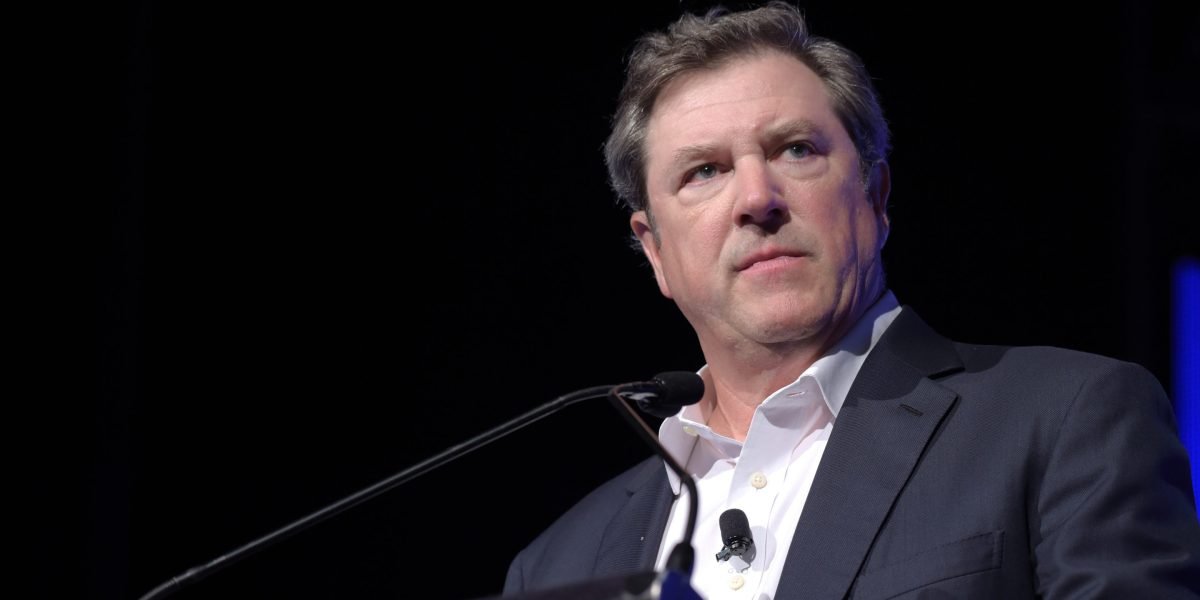
In 1993, Lee Ainslie was among the first “Tiger Cubs” to leave the legendary investor Julian Robertson’s Tiger Management and set out on his own. As a hedge fund, Ainslie’s firm, Maverick Capital, focused on public securities, but its analysts used the firm’s capital to occasionally invest in private companies—a so-called “crossover” approach that other Tiger Cubs like Chase Coleman employ.
David Singer, a seasoned operator who had served as the founding CEO of three publicly traded companies, joined Maverick in 2004 to lead its private investments. “Here I am 20 years later,” Singer told me on Friday.
The approach has changed during his two decades at the firm. For one, Maverick decided in 2014 to split the funding structure, no longer using hedge fund capital for its private investments. Instead, Maverick Ventures set out to raise its first fund from a different profile of investors who were more comfortable with the long-term venture approach, like larger family offices and endowments. While Maverick Capital retained a general partner stake in the venture fund, the limited partners would now provide the outside capital, though 30% of the funding would come from the venture firm’s partners, including Ainslie.
Maverick Ventures is announcing today over $240 million in fresh funding—its fourth vintage, bringing its total raised over the years to over $855 million, with over $1.4 billion of assets under management. And though Maverick Ventures now has a separate funding structure from Maverick Capital, which currently manages over $13.5 billion in gross assets, the two firms still remain deeply enmeshed, with a “no wall approach” between them, as Singer and fellow managing director Ambar Bhattacharyya told me.
While other crossover funds operate under one roof, Maverick Ventures is different not only because of its funding structure, but because it focuses on early-stage investments. That means that investors like Singer and Bhattacharyya are tracking trends, like generative AI, before they’re on the radar of many public market analysts, helping see companies through their entire life cycles. The venture investors—and their portfolio companies—can tap the vast resources of Maverick Capital, from working with data scientists to helping their startups connect with public companies to recruit board members or find talent. Meanwhile, Maverick Capital can lean on the early-stage investors to help them understand rapidly shifting tech markets.
“Because [Maverick Capital] is such long-term investors, they’re trying to put together a mosaic of what the hell’s going on,” Singer told me. “This is marginally helpful a lot of the time.”
Though Maverick Ventures focuses on seed, Series A, and Series B deals, the firm has enjoyed a number of exits over its 20 years of operating, including 19 since launching as its own fund a decade ago. Maverick was a seed investor in the health company Hims&Hers, which went public in 2021, and helped the cybersecurity startup Permira secure a sale to private equity firm Permira in 2024 at a valuation of $1.3 billion.
Maverick Ventures also operates in an evergreen structure, meaning its vintages have no end date, allowing it to continue supporting companies without relying on traditional fund cycles. And because Maverick’s partners supply so much of the funding, Singer said the firm cares “almost exclusively” about the capital gains of the investments, rather than the traditional 2% fees that fund managers earn (though Maverick Ventures still collects the 2% fee). “That’s good for entrepreneurs because they know we care about them and we’re not going to lose our attention,” he said.
One of Maverick’s focus areas remains health tech, including—like all venture firms these days—its intersection with AI. But Bhattacharyya says they have been looking more at consumer-focused health startups, similar to their bet on Hims&Hers, with the assumption that more and more people will have access to services through their phones and laptops. Recent investments have included telenutrition startup Nourish and maternity care startup Oula.
Maverick’s team is small, with just five full-time investors, but Singer says that allows the firm to go deeper on fewer deals. “We think about this as a full-contact sport,” he told me. “Once we invest, we’re in it.”
Eagle-eyed correction…On Friday, we misspelled “cavalry” in the email subject line. “Calvary” means something quite different and doesn’t pertain to AI unicorns. —Allie Garfinkle
Leo Schwartz
X: @leomschwartz
Email: leo.schwartz@fortune.com
Submit a deal for the Term Sheet newsletter here.
Nina Ajemian curated the deals section of today’s newsletter. Subscribe here.
This story was originally featured on Fortune.com













Leave a Reply